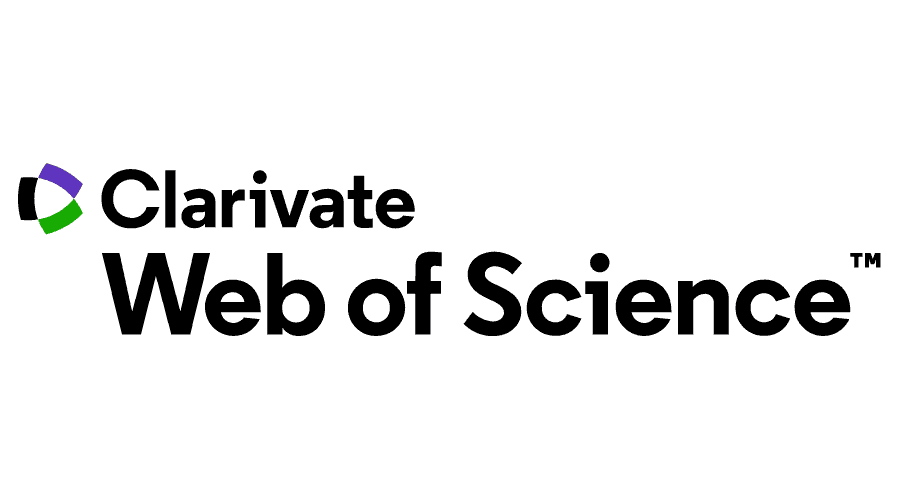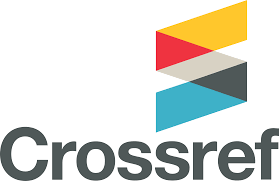Abstract
Research Aims: The halal industry has become one of the fastest growing business in the global market. Halal certification provides assurance to all Muslim consumers because it fulfills the Shariah law and follows the concept of halalan-toyyiban. The purpose of this research is to examine the effect of severity of halal violation and CSR on boycott towards the company that involved in halal violation incidents. Design/methodology/approach: In total of 400 questionnaires were distributed amongst customers who were aware and/or had experienced the violation of a halal product. Data were analyzed using structural equation modelling techniques, were partial least squares (PLS) software was used to measure the direct and indirect relationships between the variables. Research Findings: The result of this investigation showed that perceived severity of halal violation is significantly related to consumer boycott. Further results imply that perceived CSR not only contributes negatively to consumer boycott, but also significantly moderates the relationship perceived severity and consumer boycott. Theoretical Contribution/Originality: This study is among the earliest to include CSR from a consumer perspective, particularly in the halal retraction context. Managerial Implication in the South East Asian context: The present study suggests that Halal companies in South East Asian should be proactive in CSR initiatives in order to reduce the negative effect towards company evaluation such as boycott in case if halal violation incidents occur. Research limitation & implications: This study bears several limitations. First, this study employed purposive sampling method and the scope of the study is only limited to the customers who are aware and/or had experienced food halal violation incidents in Klang Valley, Malaysia. Hence, the results may not be able to generalise to other product categories and population.
Recommended Citation
Omar, Nor Asiah; Nazri, Muhamad Azrin; Zainol, Zuraidah; Ali, Mohd Helmi; and Alam, Syed Shah
(2019)
"Perceived Severity of Halal Violation: CSR and Consumer Boycott,"
The South East Asian Journal of Management: Vol. 13:
No.
2, Article 6.
DOI: 10.21002/seam.v13i2.11348
Available at:
https://scholarhub.ui.ac.id/seam/vol13/iss2/6
Included in
Management Information Systems Commons, Management Sciences and Quantitative Methods Commons











